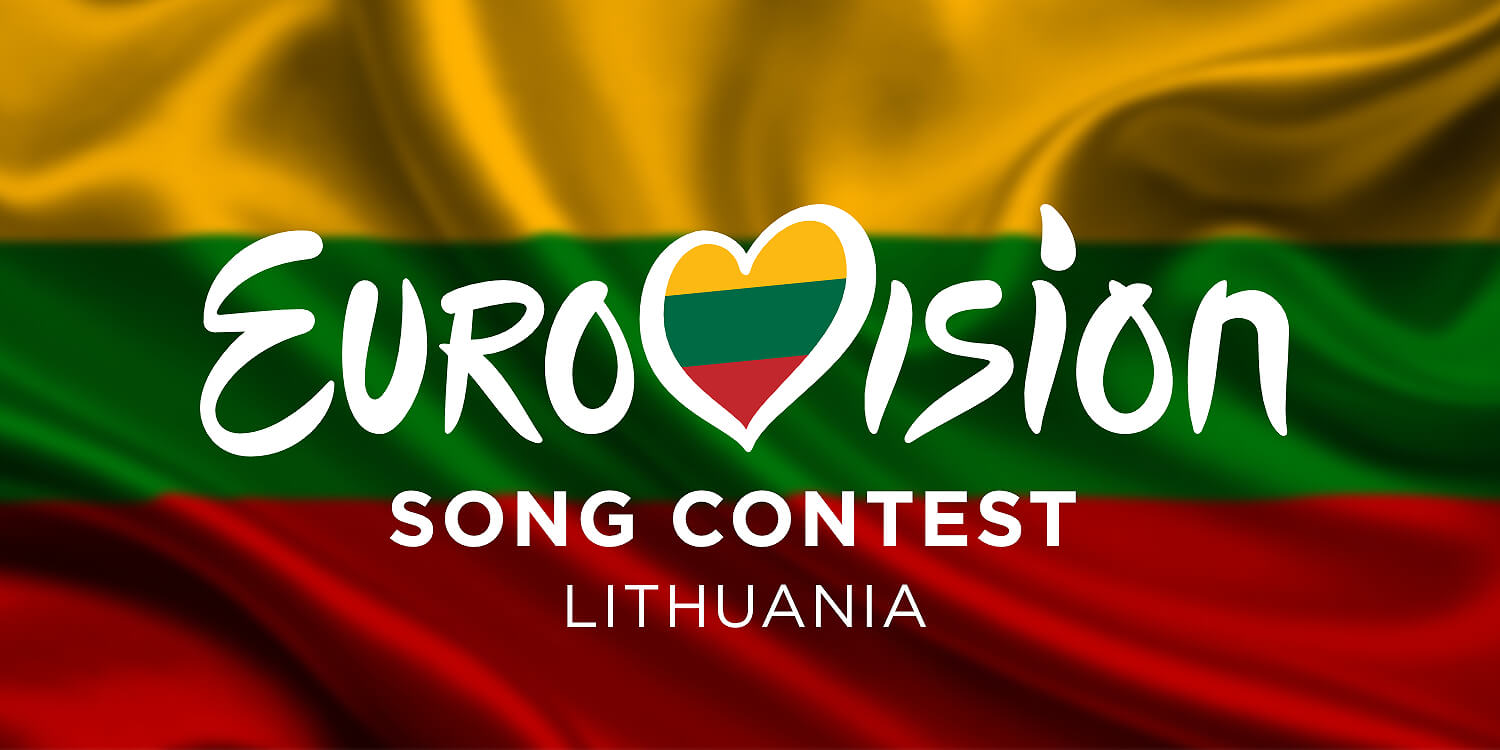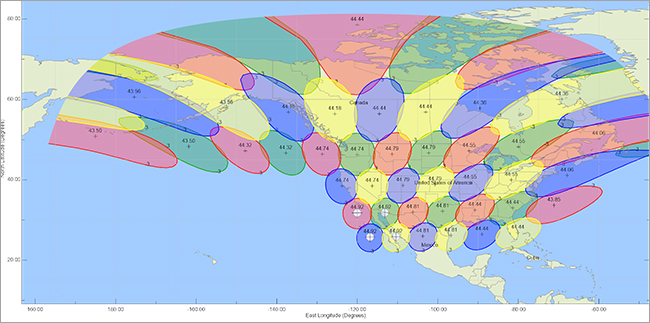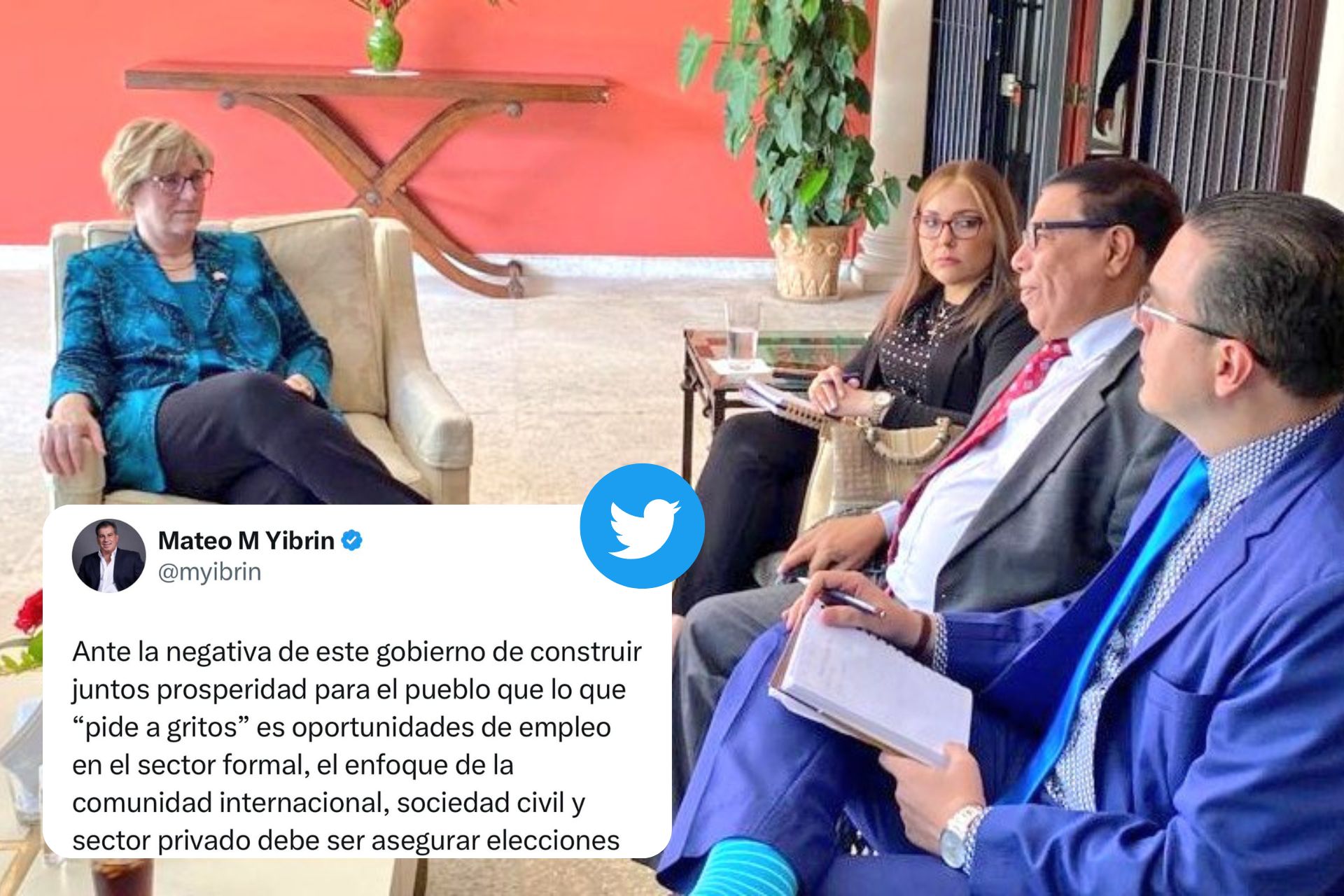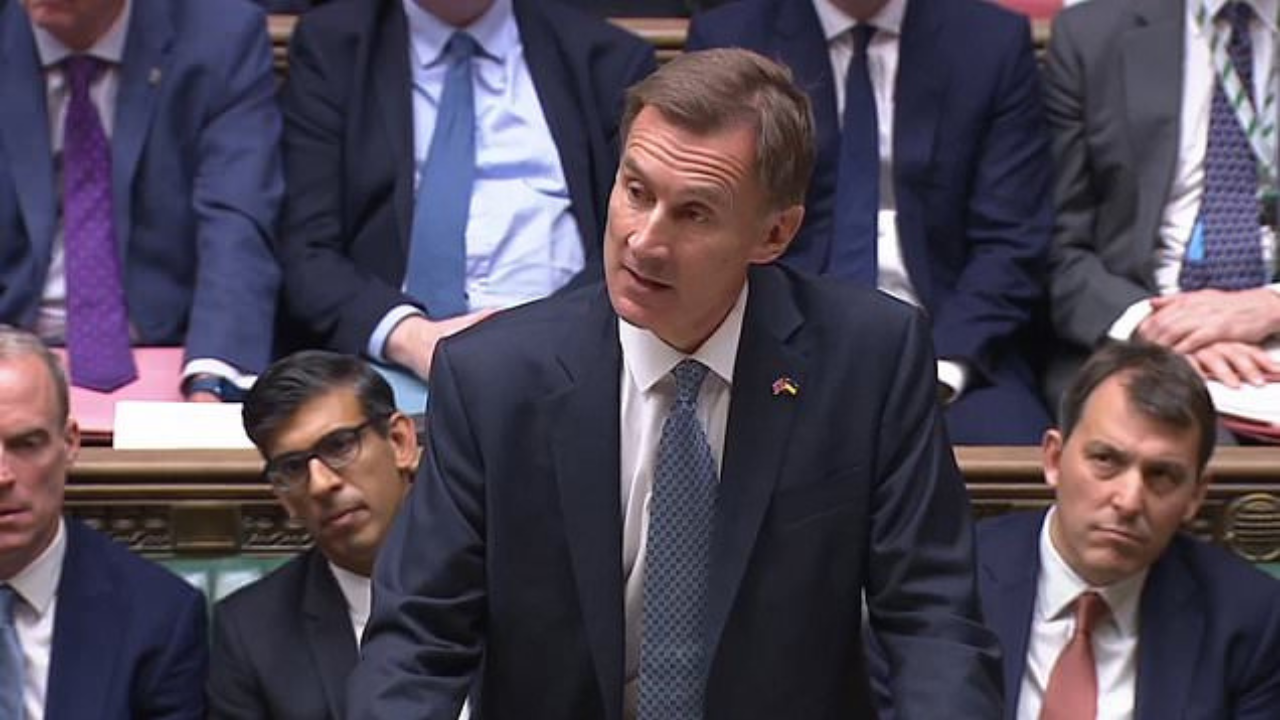How Eurovision Voting Works: A Complete Guide

Table of Contents
Understanding the Two Voting Systems: Jury & Televoting
Eurovision's voting system relies on a sophisticated blend of professional judgment and public opinion, combining jury voting and televoting. This dual approach aims to balance artistic merit with popular appeal.
The Role of Professional Juries
Each participating country appoints a professional jury of five music industry experts. These individuals, typically musicians, composers, producers, or music journalists, are tasked with evaluating the competing entries based on musical quality, vocal performance, and overall presentation.
- Jury Composition: Juries are carefully selected to ensure a diverse range of musical expertise and avoid conflicts of interest.
- Voting Process: The jury members vote secretly, assigning scores from 1 to 8, and then 10 and 12 points to their favorite songs. This secret ballot aims to minimize external pressure and promote unbiased judgment.
- Aim: The primary goal is to provide a critical assessment of the songs, focusing on musical merit rather than mere popularity.
The Televoting Process
Televoting allows viewers in each participating country to vote for their favorite song via telephone, SMS text message, or dedicated Eurovision apps. This element ensures that the public's preferences play a significant role in determining the winner.
- Voting Methods: The specific methods available vary slightly from country to country, but the core principle remains consistent.
- Safeguards Against Manipulation: Strict measures are in place to prevent voting fraud, including limits on the number of votes per phone number or IP address.
- Weighting: Televotes and jury votes are usually given equal weight in the final calculation, although this can vary slightly from year to year.
Combining Jury and Televoting Scores
The final result is a combination of both jury and televoting scores. Each country's jury and televote results are tallied separately, then combined to determine the points each song receives from that country. For example, if a country's jury gives 12 points to song A and its televoters give 12 points to song B, both songs will receive points from that country, reflecting both professional and popular opinion. This process ensures a balanced and multifaceted representation of the songs' success.
The Point Allocation System: How Scores are Calculated
Once all the jury and televote results are compiled, a point allocation system determines the final ranking. Each country awards points to the top ten songs.
- Point Allocation: Points are awarded according to the combined rankings: 12 points for first place, 10 for second, and then 8, 7, 6, 5, 4, 3, 2, and 1 point for the subsequent rankings.
- Step-by-Step Example: Imagine Country X's combined ranking has Song A in first, Song B in second, and Song C in third. Country X would then award 12 points to Song A, 10 points to Song B, and 8 points to Song C.
- Nul Points: If a song receives no points from any country, it receives "nul points." This highlights the lack of support from both juries and the public.
- No Self-Voting: A crucial rule prevents countries from voting for their own entry. This measure ensures impartiality and prevents potential bias.
Regional Voting Blocs and Their Impact
The Eurovision Song Contest often witnesses the phenomenon of "neighbourly voting," where countries tend to award points to geographically close nations, sometimes referred to as regional voting blocs. This can create both advantages and disadvantages for participating countries.
- Neighbourly Voting Bias: Geographic proximity often influences voting patterns. Countries sharing cultural similarities or historical ties might show a predisposition towards each other.
- Examples: Certain countries have historically benefited from strong support from neighboring nations, while others have faced challenges due to a lack of such regional support. Analyzing historical Eurovision voting data can illustrate this pattern.
- Mitigating Bias: The Eurovision organizers continuously strive to refine the voting system to address potential biases arising from regional voting blocs, although completely eliminating such influences remains a challenge.
The Evolution of Eurovision Voting: Past, Present, and Future
The Eurovision voting system has undergone significant transformations throughout its history.
- Historical Changes: Early systems relied solely on jury voting, which evolved to incorporate televoting. This evolution reflects a growing emphasis on public engagement and participation.
- Current System Strengths and Weaknesses: The current system combines expert judgment and popular opinion, aiming for a balance between artistic merit and public appeal. However, concerns remain about potential biases.
- Future Modifications: Discussions continue regarding potential improvements to the system, possibly exploring alternative weighting mechanisms or adjustments to prevent regional voting blocs from disproportionately influencing outcomes. Transparency and fairness remain central concerns.
Frequently Asked Questions (FAQs) about Eurovision Voting
Many questions arise regarding the specifics of Eurovision voting. Let's address some common queries:
- How are ties broken? Usually, ties are broken by examining the individual jury and televote scores of the tied entries.
- What happens if there's a technical malfunction? Contingency plans exist for technical problems, which might involve using backup voting data or extending voting periods.
- Can countries change their votes? No, votes are final once submitted.
- What are the rules regarding voting from outside participating countries? Generally, votes cast from outside participating countries are not counted.
Mastering the Nuances of Eurovision Voting
In conclusion, the Eurovision voting system is a complex yet fascinating mechanism. The combination of jury and televoting, the point allocation system, and the ever-present possibility of regional voting blocs contribute to the unique nature of the contest. While challenges remain regarding bias and fairness, the ongoing refinements to the system highlight a commitment to improving its integrity and ensuring a fair selection of the Eurovision winner. Now that you understand how Eurovision Voting works, get ready to watch the contest with a newfound appreciation for the intricate process behind selecting the winner! [Link to the official Eurovision website]

Featured Posts
-
 Cnns On The Ground Coverage Deadly Tornado Destruction
May 19, 2025
Cnns On The Ground Coverage Deadly Tornado Destruction
May 19, 2025 -
 Experience The Arctic At Sea World Orlandos Expedition Odyssey
May 19, 2025
Experience The Arctic At Sea World Orlandos Expedition Odyssey
May 19, 2025 -
 Cohep Participa En La Observacion Del Proceso Electoral
May 19, 2025
Cohep Participa En La Observacion Del Proceso Electoral
May 19, 2025 -
 Controversial Ufc 313 Prelims Win Admitted By Fighter
May 19, 2025
Controversial Ufc 313 Prelims Win Admitted By Fighter
May 19, 2025 -
 Voters Pessimism Grows Over Spring Budget Government Plans Under Scrutiny
May 19, 2025
Voters Pessimism Grows Over Spring Budget Government Plans Under Scrutiny
May 19, 2025
